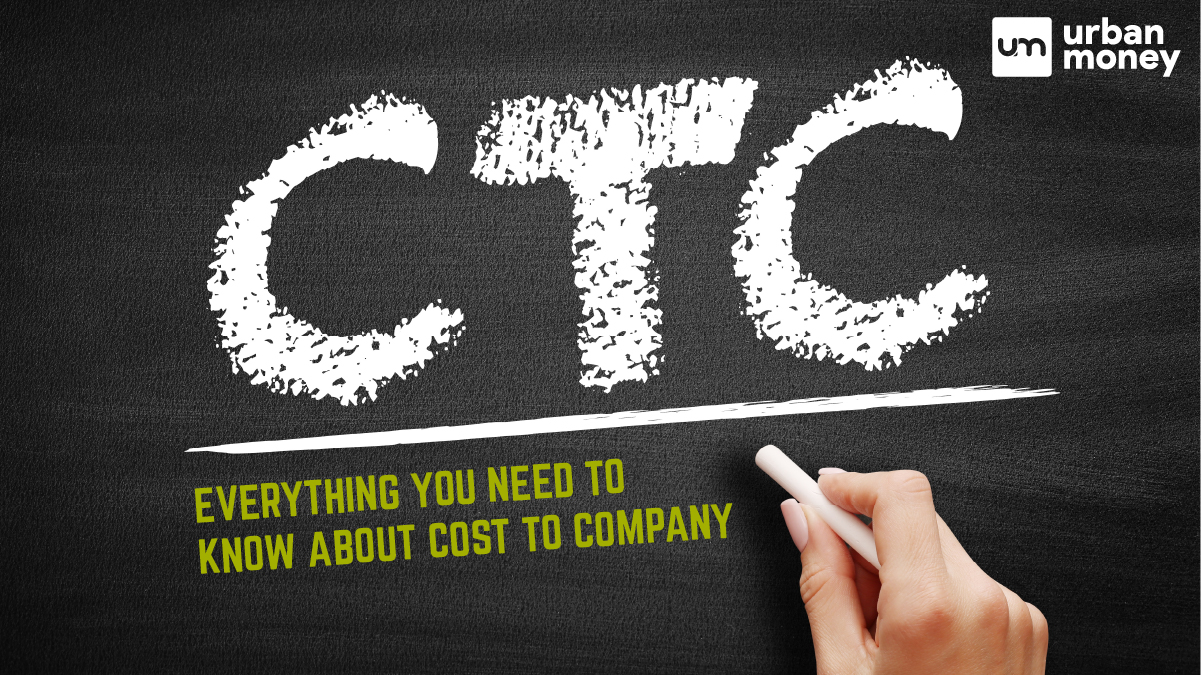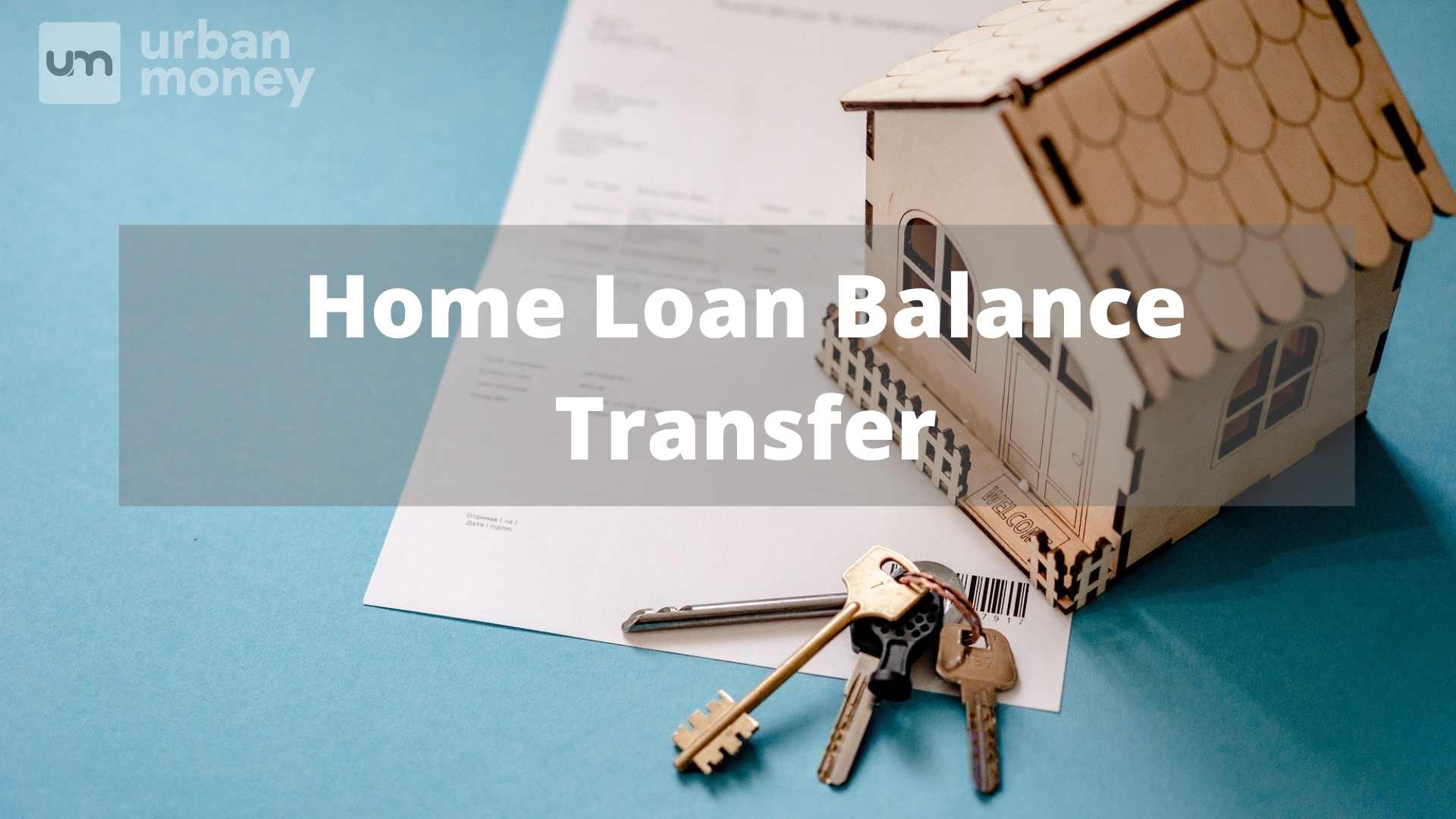Top 10 Best Private Banks in India List 2025
January 09, 2025
Home Loan Archive | Home Loan vs Gold Loan : Which Option is Best for Your Financial Goals?

February 25, 2025


When financing life’s major goals like buying a home, comparing a home loan vs a gold loan can help you find the best option. Each provides a secure way to fund your needs but serves different purposes. A home loan is designed for long-term investments, offering higher loan amounts and tax benefits for purchasing or building property. Meanwhile, a gold loan provides a fast and flexible solution for short-term needs, backed by minimal paperwork and quick disbursement. Each option brings unique advantages.
Also, with the announcement that the Reserve Bank of India (RBI) has reduced the repo rate by 25 base points at 6.25%, marking the first rate cut in nearly five years as of February 2025, loan interest rates have become more affordable. This convenience adds an extra layer of consideration when choosing the right loan, making it essential to compare these options closely.
So, in the debate of home loan vs gold loan, which is better? This guide will compare gold loans vs. home loans across key factors like interest rates, eligibility, tax benefits, and more. This comparison aims to help you make the right choice for your financial journey.
Table of Contents
ToggleA gold loan is a secured loan in which individuals pledge their gold ornaments or coins as collateral to obtain funds from a lender. It is a practical financial tool for individuals seeking quick access to funds without extensive documentation or credit history checks. However, borrowers should carefully assess their repayment capacity and understand the terms and conditions before availing of such a loan. This type of loan is popular in India due to its quick processing, minimal documentation, and flexibility in usage.
It’s important to note that if the borrower defaults on repayment, the lender has the right to auction the pledged gold to recover the outstanding amount. Therefore, timely repayment is crucial to avoid the loss of valuable assets.
A home loan is a secured loan that aims to help individuals purchase, construct, or renovate a property. Here, the property itself serves as collateral. Home loans offer a structured way to finance property purchases with benefits like larger loan amounts, longer repayment periods, and tax advantages. Borrowers should assess their financial situation, the property’s potential appreciation, and repayment ability before opting for a home loan to check if it aligns with their long-term goals. This long-term loan option is popular due to its accessibility and the significant funding it provides, allowing people to make substantial investments in real estate.
Home loans are long-term financial commitments that require regular EMI payments over an extended period. The loan is paid off in equal instalments that cover both the principal and the interest. However, if a borrower defaults, the lender reserves the right to take possession of the property to recover the outstanding amount.
Which is better? A home loan or a gold loan? The tables below break down each aspect of home and gold loans, helping you quickly see how each option stacks up. Use this guide to decide which loan best meets your financial needs.
| Criteria | Home Loan | Gold Loan |
| Purpose | For purchasing, constructing, or renovating a property | For short-term financial needs, with funds backed by gold collateral |
| Loan Tenure | Long-term, typically ranging from 10 to 30 years | Short-term, usually 6 months to 3 years |
| Loan Amount | Up to 80-90% of the property’s market value | Up to 75-85% of the gold’s current market value |
| Interest Rates | Generally lower, ranging from 7% to 9% | Variable, typically between 10% and 15%, based on lender policies |
| Processing Time | Longer due to property evaluations and documentation | Fast processing, often within a few hours to a day |
| Collateral | The property itself serves as collateral | Gold ornaments or coins pledged as collateral |
| Tax Benefits | Eligible for tax deductions on principal and interest under Sections 80C and 24(b) | No tax benefits are available |
| Repayment Flexibility | Fixed monthly EMIs over the chosen tenure | Flexible options, including bullet repayment, interest-only EMIs, etc. |
| Prepayment Charges | Usually, 2-5% of the outstanding loan amount | Often, no or minimal charges, depending on the lender |
| Documentation Required | Extensive, including income proof, property documents, and credit checks | Minimal, usually just ID and address proof |
Eligibility criteria differ significantly between home loans and gold loans, with each loan type catering to different financial profiles. Use the table below to see key requirements, from age limits to income proof, and determine which loan may be more accessible.
| Criteria | Home Loan | Gold Loan |
| Age | Generally, 18-70 years | Typically 21-75 years. |
| Income Proof | Required; steady income essential to qualify | Not required; income proof is usually not needed |
| Employment Type | Salaried or self-employed; stable employment or business history | No employment type restrictions |
| Credit Score | Generally, 650 or above influences loan approval and interest rate | Usually not a major factor; credit score may not be checked |
| Collateral | Property being purchased or constructed | Gold ornaments or coins |
| KYC Documents | Extensive, including ID, address, income, and property documents | Basic ID and address proof |
The interest rate on a loan can significantly affect your monthly payments and total repayment. Below, we compare gold loan vs home loan interest rates, giving insight into rate structures and what might influence your final rate choice.
| Criteria | Home Loan | Gold Loan |
| Interest Rate Range | Typically 7% to 9% per annum | Generally 10% to 15% per annum |
| Rate Type | Mostly floating (linked to external benchmarks like repo rate); some lenders offer fixed rates | Mostly fixed, with some lenders offering flexible options |
| Influencing Factors |
|
|
| Effect of RBI Repo Rate | Direct impact on floating rate loans, affecting monthly EMIs | Minimal impact; rates tend to stay stable regardless of repo rate changes |
Documentation requirements can vary widely between loan types. The key comparison between documents needed for home loans vs gold loans gives you a quick view of what each loan requires to get approved.
| Document Type | Home Loan | Gold Loan |
| Identification Proof | Required (e.g., PAN card, Aadhaar card, passport) | Required (e.g., PAN card, Aadhaar card, passport) |
| Address Proof | Required (e.g., utility bill, voter ID, driving license) | Required (e.g., utility bill, voter ID, driving license) |
| Income Proof | Required (salary slips, bank statements, ITR) | Not required |
| Property Documents | Required (sale deed, property title, NOC from builder) | Not applicable |
| Gold Valuation Report | Not applicable | Required (valuation report by lender on pledged gold) |
| Photographs | Generally required (passport-sized photos) | Generally required (passport-sized photos) |
| Loan Application Form | Detailed form with property and income details | Basic form with gold details and basic personal info |
One of the significant advantages of home loans is the tax relief they provide, which can reduce your overall financial burden. In contrast, gold loans typically do not offer tax benefits, as they are not directly tied to property investments. The table below outlines the tax benefits available for home loans vs gold loans, helping you understand each one’s savings potential.
| Tax Benefit Type | Home Loan | Gold Loan |
| Principal Repayment Deduction | Available under Section 80C, up to ₹1.5 lakh per year | Not applicable |
| Interest Payment Deduction | Available under Section 24(b), up to ₹2 lakh per year for self-occupied property | Not applicable |
| Additional Deduction (First-Time Buyers) | Available under Section 80EEA, up to ₹1.5 lakh on interest (conditions apply) | Not applicable |
| Other Benefits | Tax benefits reduce overall tax liability, making home loans more tax-efficient | No tax benefits are available. |
Repayment flexibility is essential to manage your financial obligations smoothly. Home loans offer a predictable EMI-based repayment model, while gold loans allow more adaptable approaches, including periodic interest payments. The table below highlights the repayment options for home loans vs gold loans.
| Repayment Option | Home Loan | Gold Loan |
| EMI Structure | Fixed monthly EMIs covering principal and interest | Multiple repayment options are available, like EMI, overdraft facility, etc. |
| Bullet Repayment | Not available | Available: principal and interest payable at the end of tenure |
| Interest-Only Payments | Not available | Available; interest paid periodically, principal at end |
| Part-Payment Option | Allowed, with or without charges | Often allowed, with minimal or no charges |
Prepayment and foreclosure terms differ significantly between home loans vs gold loans. Home loans may have prepayment penalties, especially for fixed rates, whereas gold loans generally allow more affordable early repayment options. The following table provides a detailed look at prepayment and foreclosure terms, helping you weigh the cost and flexibility of each loan type.
| Criteria | Home Loan | Gold Loan |
| Prepayment Charges | Often 2-5% of the outstanding loan amount (varies by lender) | Usually, no or minimal charges |
| Foreclosure Charges | May apply, especially for fixed-rate loans (up to 2-5%) | Generally, no charges or nominal fee |
| Part-Payment Flexibility | Allowed; charges may apply for certain loan types | Allowed, often with no additional charges |
Deciding between a home loan and a gold loan depends on your financial goals, the amount you need, and how soon you plan to repay. A home loan may be the better choice if you’re looking to invest in a property with long-term tax benefits and can commit to a structured EMI schedule. Home loans also offer larger loan amounts and favourable interest rates, making them ideal for buying or constructing a home.
On the other hand, if you need quick funds for short-term financial needs and own gold assets, a gold loan provides a fast and flexible solution. As mentioned above, this one comes with minimal documentation and multiple repayment options. With simple prepayment and foreclosure processes, gold loans are often easier to manage for shorter periods.
In summary, consider a loan according to your requirements. Evaluate your needs, repayment capacity, and financial goals carefully to make the best choice.
The main difference is their purpose. A home loan is specifically for buying, building, or renovating a property and is backed by the property as collateral. On the other hand, a gold loan can also help you access funds for a home quickly and for various short-term needs, using gold as collateral.
The maximum home loan amount usually depends on the property's value and can cover up to 80-90% of its cost. For a gold loan, the amount is based on the current value of the pledged gold, typically up to 75-85% of the gold’s market value.
Choose a home loan if you’re planning to invest in a property and need a larger loan with a long-term repayment plan. Home loans also offer tax benefits, making them ideal for property purchases.
A gold loan is ideal for short-term financial needs. It’s a great choice if you need quick access to funds and can repay the loan within a few months or years.
Home loans offer tax benefits on both the principal and interest payments under Sections 80C and 24(b) of the Income Tax Act, making them a tax-efficient option.
No, gold loans do not offer any tax benefits, as they are generally used for short-term needs and are not tied to property investment.










© 2025 www.urbanmoney.com. All rights reserved.

Need Loan Assistance?

Thank you for showing your interest. Our agent will get in touch with you soon.
















